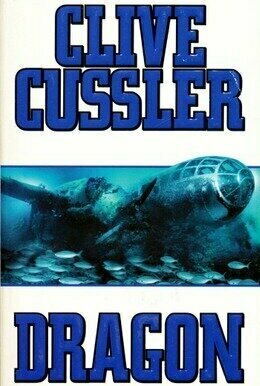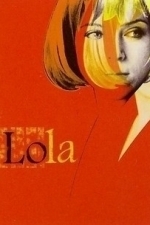Phil Leader (619 KP) rated Dragon (Dirk Pitt #10) in Books
Nov 12, 2019
Dirk Pitt must race against the clock to uncover the fate of the weapons and what use they may be put to. And not all of his foes are human.
It has to be said you generally know what you are going to get with a Cussler book and this is exactly what you get. There's a villainous bad guy who wants to destroy America, almost insurmountable odds, incredible chases and ingenious escapes.
The whole is equal to the sum of its parts, so this is a completely standard Pitt adventure novel, but there are many of those parts that aren't quite up to scratch. With the fall of the Soviet Union as the Enemy Nation, Cussler has transferred this status to Japan, but it doesn't really work very well and comes across as more than a little xenophobic. And the threats aren't particularly threatening. By this point the plot twists that made the earlier novels so intriguing are basically absent with very little happening that isn't signposted. So although it's a standard Cussler thriller, it isn't anywhere near being one of the best
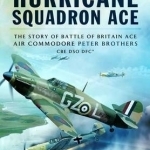
Hurricane Squadron Ace: The Story of Battle of Britain Ace, Air Commodore Peter Brothers, CBE, DSO, DFC and Bar
Book
Air Commodore Peter Malam 'Pete' Brothers CBE, DSO, DFC, and Bar (1917-2008) was one of the most...
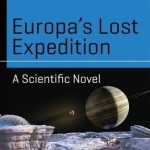
Europa's Lost Expedition: A Scientific Novel
Book
This classically styled, chilling murder mystery about an expedition under the ice of Jupiter's...
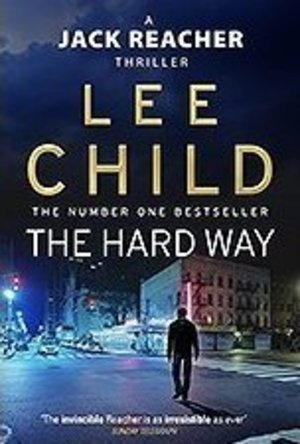
The Hard Way (Jack Reacher, #10)
Book
Jack Reacher was alone, the way he liked it, soaking up the hot, electric New York City night,...
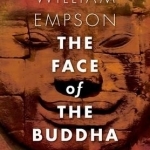
The Face of the Buddha
William Empson, Rupert Arrowsmith and Partha Mitter
Book
Taking up a teaching appointment in Tokyo in 1931, the English poet and literary critic William...
Ariel: A Literary Life of Jan Morris
Book
Jan Morris is one of the great British writers of the post-war era. Soldier, journalist, writer...
Keegan McHargue recommended Lola (2001) in Movies (curated)
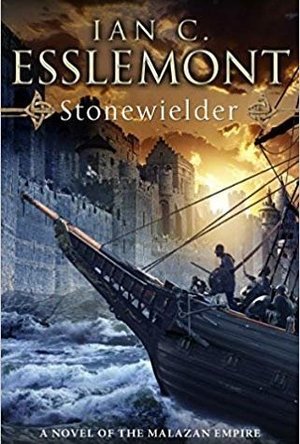
Stonewielder
Book
Greymane believed he'd outrun his past. With his school for swordsmanship in Falar, he was looking...
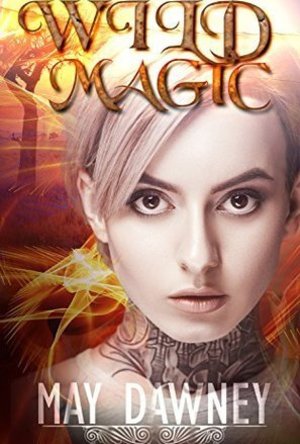
Wild Magic (The Veil Chronicles, #1)
Book
It only takes one to upset the balance of magic. The magical barrier known as the Veil is all...
Lesbian Urban Fantasy Magic
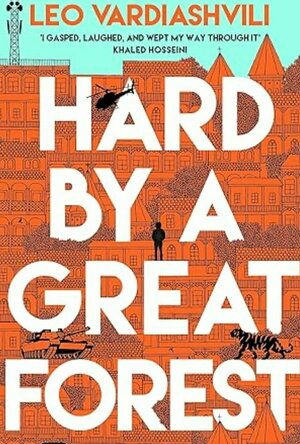
Hard By A Great Forest
Book
Saba’s father is missing, and the trail leads back to Tbilisi. It’s been two decades since...
